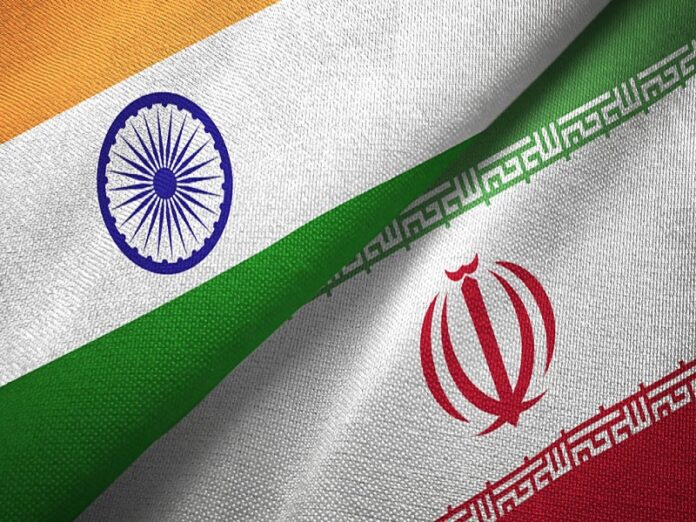India’s policy of principled neutrality towards the latest Iranian-Israeli conflict, which is due to its close ties with both warring parties, shouldn’t be misinterpreted as meaning that it has no stakes in the outcome. If the conflict drags on or Iran is decisively defeated, then the protracted instability that might follow (especially in the scenarios of regime change and/or “Balkanization”) could adversely affect India’s strategic interests vis-à-vis Eurasian connectivity, relations with Russia, and the Indo-Pak rivalry.
Regarding the first, any long-term disruptions along the Iranian-transiting North-South Transport Corridor (NSTC) linking India with Russia, Armenia, the Central Asian Republics, and Afghanistan could weaken Delhi’s ties with them all. The Russian dimension will be addressed separately soon, but Armenia might no longer be able to receive Indian military equipment, which could contribute to Yerevan’s possible capitulation to Azerbaijani-Turkish pressure, including its speculative cession of Syunik Province.
Azerbaijan, possibly with its Turkish ally’s support, might directly intervene in Azeri-populated Northern Iran in the worst-case scenario that the country begins to “Balkanize”, which could cut India off from Armenia for good and make Yerevan’s capitulation a fait accompli. As for Central Asia and Afghanistan, India’s economically driven influence there could evaporate if the NSTC becomes impassible due to protracted instability in Iran, thus leading to them becoming disproportionately dependent on China.
Russia might follow in their footsteps too since the NSTC was envisaged as the most reliable long-term means for preemptively averting that scenario in the economic sphere. Moreover, if transit along the NSTC is either seriously impeded or becomes unviable, then Russia might conclude that it has no other alternative route to the Indian Ocean than the PAKAFUZ railway across Afghanistan and Pakistan. That could in turn accelerate Russian policymakers’ changing perception of India that was detailed here.
India might move closer to the US to balance Russia’s shift towards its Sino-Pak rivals, but at the possible expense of ceding some hard-earned strategic autonomy to the US, which could altogether inadvertently widen the growing differences in India and Russia’s mutual perception of one another. If that trend isn’t reversed, the Russia and India’s corresponding relative subordination to China and the US as their junior partners could restore a form of Sino-US bi-multipolarity, one that might persist for an indefinite period.
Furthermore, the possible installation of a pro-Western government in Iran (with or without “Balkanization”) might precede a CENTO-like alliance with Turkiye and Pakistan, which could lead to them and Ankara’s Turkic allies in Azerbaijan and Central Asia merging into a Turko-Persian bloc. It’s a long-term scenario but could seriously threaten India (and Russia). The US would likely support it, while Israel would likely oppose it, thus resulting in more divergence from the US and convergence with Israel.
In sum, what India potentially stands to lose in the event of protracted instability in Iran or that country’s decisive defeat is its multi-alignment policy that’s preserved its strategic autonomy so far, which could revolutionize Eurasian geopolitics if it comes to pass. India could be cut off from the Eurasian Heartland, Russia might then be compelled to become China’s junior partner (therefore leading to India doing the same vis-à-vis the US), and Pakistan could capitalize upon regional events to become much stronger.
